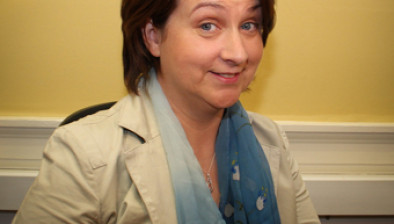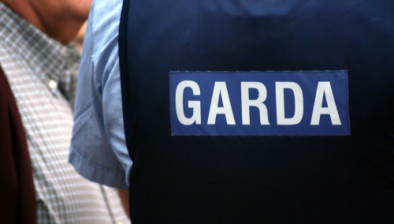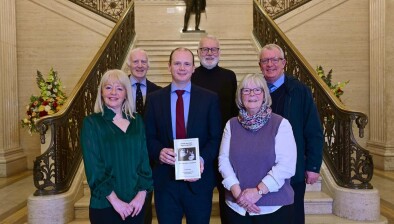Milestone for Northern Ireland’s landmark sign language bill
Landmark legislation giving official recognition to both Irish Sign Language (ISL) and British Sign Language (BSL) has cleared second stage in the Northern Ireland Assembly.
The Sign Language Bill will introduce a new duty on prescribed public bodies to “take all reasonable steps” to provide access to information and services through ISL and BSL.
Members of the Deaf community were in attendance during yesterday’s debate on the bill, which was accompanied with live interpretation into both languages.
Communities minister Gordon Lyons said: “I am incredibly grateful to the Deaf community who have travelled to Stormont to watch the progress of a bill they have helped develop.
“It was a privilege to meet them and to understand how the bill will improve accessibility to information and services for sign language users, a long-awaited step forward in achieving the same rights and opportunities as those in the hearing community.”
Speaking in the Assembly, Mr Lyons said: “When I became minister a year ago, one of my first commitments was that members of the Deaf community will have the same rights and opportunities as those in the hearing community through the introduction of a Sign Language Bill.
“Today is a significant step forward for members of the Deaf community towards achieving those rights and opportunities as the Assembly agree the principles of the Sign Language Bill.
“This bill recognises and promotes British Sign Language and Irish Sign Language, and places duties on public bodies to take reasonable steps to ensure that the information and services they provide are fully accessible to individuals in the Deaf community.
“I am aware that the success of this legislation is dependent upon an infrastructure of support for the Deaf community, particularly through building interpreter capacity to deliver greater access to services, which begins with access to information about those services.
“My Department is continuing to fund accredited BSL/ISL courses across Northern Ireland from Levels 1 to 6 — a necessary pathway to qualification and registration as interpreters and translators to support future legislation.
“For too long, Deaf people have experienced social exclusion rooted in accessibility barriers, communication challenges and negative societal attitudes. I believe this bill will seek to remove those barriers for them and for future generations of the Deaf community.”
The bill will now be referred to the committee for communities in the next stage of the legislative process.










